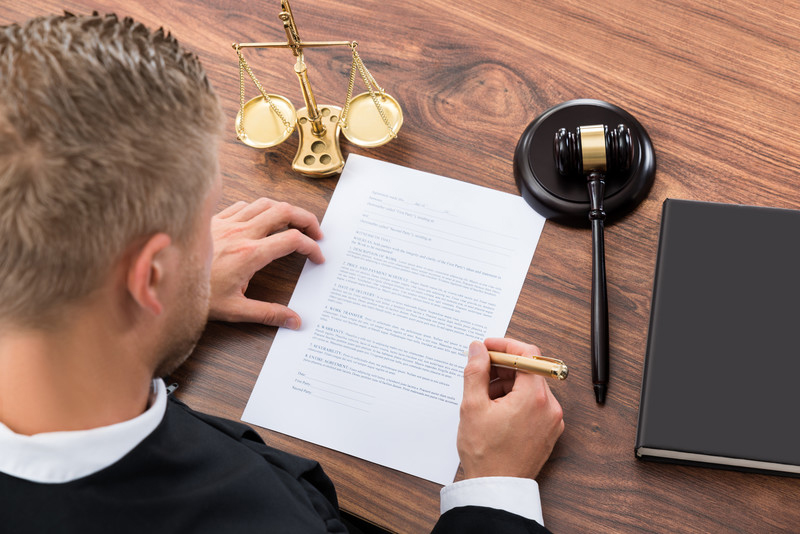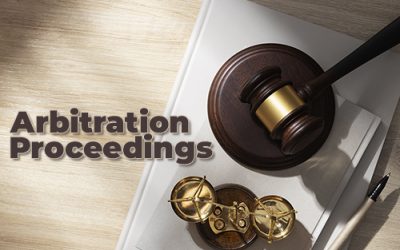Court reporting, no doubt, is a crucial part of the legal process. But, who does these reporting matters. Court reporters turn out millions of transcripts, documenting all the happenings in legal proceedings. They are the unsung heroes in driving court system efficiency, from the local level to federal level. Even with the availability of audio recording with artificial intelligence (AI) to help provide accurate transcription, these reporters cannot be replaced. Voice recognition technologies such as Siri and Alexa are also not commonly used in most courts. In courts that digitally record trial proceedings, humans are still tasked with turning the tape into readable text documents. Professional transcription services assist these court reporters in providing timely transcripts for their clients.
An article published in New Jersey Law Journal, discusses how court reporters win over technology. This article also praises the court reporter’s unrivalled typing speed.
Now, facilities are available for court reporters to input data using a computerized device that streams information into a file on a laptop computer or tablet. This will immediately appear as English in a near-finished transcript format that the parties can read on their own equipment simultaneously. Most modern stenotype machines can also translate shorthand to words in real time.
Are Tape Recorders Reliable?
While using a tape recorder in court, users just have to hope that it will record accurate data and chances are more for the session to go unrecorded. The article refers to ordering a transcript via tape recorder as a “hit-or-miss adventure”. With surrounding noises, overlapping and simultaneous speech, inaudible speech or a cough or a sneeze by someone in the courtroom, the recording could be muddled and the transcripts erroneous. These are key reasons why court reporters are not using tape recording to ease their task.
In the same way, AI speech recognition transcription is ideal to be used only in a controlled one-speaker environment. It is not ideal for use in an open-microphone environment in a crowded courtroom with background noise, diversity of accents, where translators speak along with the defendant or witness, overlapping speech, soft-spoken speakers or in courtrooms that are not conducive to recording.
Many reports also caution that the technology still isn’t accurate enough, especially when dealing with dialects and accents. Conversational speech is livelier, making it difficult for dictation for machines. There are also recommendations that to ensure accuracy in a courtroom setting, voice recognition technology would have to be trained on commonly used words and phrases. In time, as the technology continues to develop, transcription tech could act as an aid to court reporters.
Two Top reasons for Shortage of Court Reporters
A quiet, but growing problem in the courtrooms countrywide is the shortage of court reporters. This is also a major reason for courts being compelled to use electronic recording system.
- Challenging certification processBased on the article in the New Jersey Law Journal, one of the main reasons for the shortage of court reporters and court reporting training in New Jersey is the courts’ attrition policy, which restricts a reliable career for court reporters in the state courts.
Most states require mandatory licensure for court reporters to protect the consumers of this exacting and essential service. New Jersey is one of those 32 states that have such mandated license requirements. There is quite a difference between a verbatim record and an “adequate” record, whatever that might mean. Without proper license, anyone with a digital tape recorder can do court reporting. However, the reports may not be accurate enough for the case.
- Longstanding trend in educationThe ancient trend in education of steering students primarily toward college degrees and neglecting many well-paying and skilled professions for them is another key reason for the current shortage of reporters. Youngsters are often ignorant of the vast opportunities in the court reporting sector.
Court reporters are of great demand in litigation discovery, in the field of closed captioning of all television programming, captioning in the area of education at all levels, and captioning of live events of all sorts nationwide mandated by the Americans with Disabilities Act for the benefit of the hearing impaired. Based on this increased demand, many colleges are now starting classes in their Court Reporting Education Program.
Humans Excel with Machine Assistance
Emerging court technologies can assist reporters in completing their tasks more easily. Court proceedings transcription services are also provided by reliable service providers for court reporters, judges as well as law firms.
While some courts and lawyers tried to cope with the reporter shortage by using digital recording and transcribing technology, courts were unable to get an accurate record of proceedings, which resulted in judges and attorneys redoing the proceedings. This proves that machines can’t replace humans completely. Unlike machines, human minds can filter out the nonsense and recognize what need and need not be reported. Also, a court reporter can even correct the recordings by asking courtroom speakers to repeat sentences, which a recording machine cannot do.




